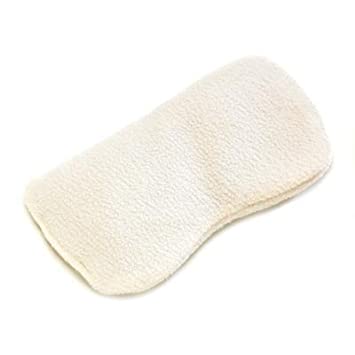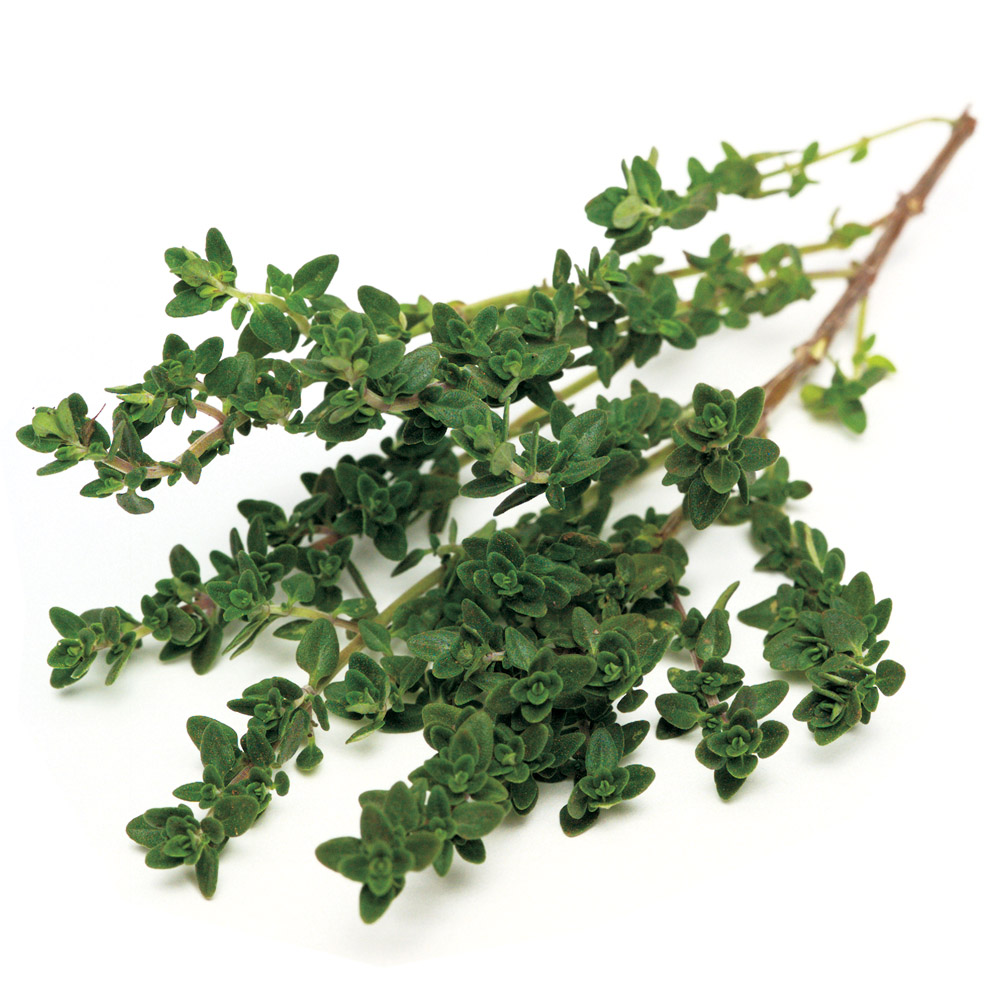Blood circulation is the transport system of the body. It carries oxygen from the lungs to the body cells and tissues and carries away carbon dioxide. It takes absorbed foods to the organs of digestion for assimilation and carries waste to the liver and kidneys for excretion. The circulation of blood relies on a central pump, the heart.
Nutritional Therapy
Modern lifestyles have seen an increase in cardiovascular diseases due to poor diet and lack of exercise. These issues are best addressed first in order to prevent heart and blood conditions from developing. A good aromatherapist will provide a nutritional programme or recommend you to a qualified nutritional therapist to accompany your treatments. And even alone, essential oils can help to treat a wide range of symptoms, from high blood pressure to varicose veins.
Essential Oils for your Circulatory System
As with your lymphatic system, your circulatory system will benefit from essential oils that stimulate the flow of blood.
- Rubefacients: Oils that are rubefacient cause capillaries to dilate and increase blood flow to the area where they are applied. These include black pepper, clove bud, ginger, lavender, rosemary and thyme. Patch test before use as some rubefacient oils can bring a redness to and irritate the skin.
Stress is a major contributor to heart disease, so use nervine oils that relieve anxiety and tension.
- Nervines: Oils that help calm include chamomile, geranium, lavender, neroli, sweet orange, mandarin and ylang ylang.
Certain circulatory tonics help with inflammatory conditions and varicose veins, including cypress and lemon.
- Blood pressure: sedative oils such as lavender, sweet marjoram and ylang ylang have been found to help reduce high blood pressure, whereas if you are suffering from low blood pressure use stimulating oils such as rosemary and thyme.
Treating the Circulatory System
Most diseases of the heart and circulatory system require professional treatment, but essential oils can be used alongside conventional medicine to support recovery.
Bruises
The unsightly mark of a bruise is characterised by a blue-black mottling of the skin and swelling. It occurs due to damaged tissue and blood collecting beneath the skin in a localised area. Bruises can be caused by minor injury such as contact with a hard object or as a result of other conditions such a leukaemia or anaemia. If you find yourself bruising frequently, you should seek advice from a doctor.
Arnica cream is a classic remedy for bruising and essential oils can also be applied to the area as a cold compress.
Rosemary's rubefacient properties when applied as a compress will help to bring down the swelling and promote blood flow.
Where bruising is severe, apply oils to the area that will also stimulate the spleen to produce more red blood cells. These include black pepper and lavender

Varicose Veins
Inside your veins are tiny valves that prevent the back-flow of blood as it is pumped around the body by the heart. When these valves fail blood collects in the vein and causes it to become swollen. Varicose veins are more common in women and may be caused by pregnancy, constipation or occupations in which you are required to stand for long periods of time.
Varicose veins are a contraindication to massage, but you can gently stroke a blend of oils around the vein or add to the bath. Useful oils include lavender and rosemary, which are rubefacient, and circulatory such as cypress and lemon. Detoxifying juniper is also helpful.
Essential oils can help to alleviate varicose veins and prevent further varicosity, but they should be used in combination with a healthy, wholefood diet, regular exercise and other aids such as support stockings.
Anaemia
Red blood cells carry oxygen from the lungs to the rest of the body and the oxygen combines with iron to form haemoglobin, the iron-containing pigment of red blood cells. Anaemia is a deficiency of haemoglobin. Sufferers can experience fatigue, dizziness and fainting, palpitations, loss of appetite, disturbed vision and pale skin among other symptoms.

There are different types of anaemia, but the one discussed here is iron-deficiency anaemia, which may be caused by excessive menstrual bleeding, internal bleeding from the intestinal tract (ulcers, hernias or cancer), dietary deficiencies or pregnancy.
An iron-rich diet should be followed and combined with the use of oils to stimulate the spleen such as black pepper. Thyme is a great oil for anaemia as it stimulates the appetite and combats fatigue.
Blood Pressure
High blood pressure is defined by the World Health Organisation as a reading higher than 160/95 mmHg. Normal blood pressure in a healthy adult should be around 100-120/70-80 mmHg.
Arteries thicken and become less elastic as you age, but due to an increase in high cholesterol diets and sedentary lifestyles, high blood pressure is on the increase in the West. It also occurs due to other conditions such as kidney disease, pregnancy and hormonal problems. A weekly massage using a blend of the oils suggested can help.
Low blood pressure is considered less serious, but it can subject sufferers to dizzy spells, fatigue and feeling cold. Daily baths using oils will help.
Palpitations not due to heart disease can occur due to stress, exercise or drinking stimulants like coffee. If your heart 'skips a beat', inhale a sedative oil blend of sweet orange and lavender.